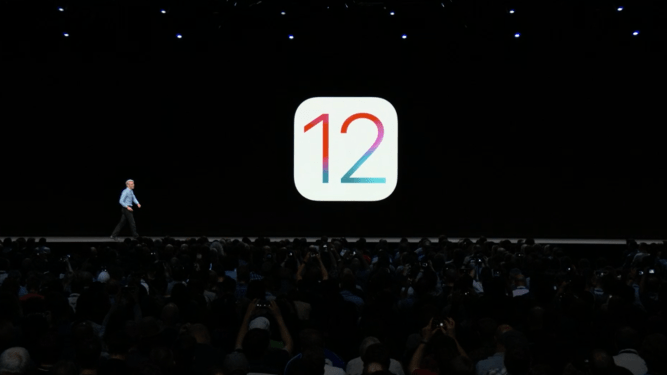
Introduction
Recent advancements in natural language generation have opened new avenues for large language models (LLMs) such as GPT-3.5-turbo, which have demonstrated remarkable potential in evaluating code generation. This study presents a groundbreaking framework by Terry Yue Zhuo and his team at Monash University, proposing an innovative LLM-based evaluation approach that excels in capturing the intricate syntax and semantics of code tasks.
Theoretical Background
The study addresses significant limitations of traditional evaluation methods, particularly those based on BLEU, which have struggled to align with human judgment in code generation. Additionally, relying on human-written test suites for assessing functional correctness presents challenges in low-resource domains.
Methodology
This section details the experimental design and techniques employed by Dr. Kevin’s team. The framework leverages zero-shot Chain-of-Thought (zero-shot-CoT) methods to enhance reliability without requiring test oracles or references. Extensive testing across five programming languages—Java, Python, C, C++, and JavaScript—demonstrates the framework’s effectiveness in evaluating both human-based usefulness and execution-based functional correctness.
Data Analysis
The study meticulously examines data contamination issues, concluding that only CoNaLa and HumanEval (Python) datasets may have been contaminated. This analysis underscores the robustness of their approach despite potential limitations.
Applications and Future Directions
Beyond code generation, the framework shows promise in downstream tasks like code translation and commit message generation. Although existing studies lack detailed annotation data for these applications, Terry Yue Zhuo suggests significant potential for future exploration.
Conclusion
This study marks a substantial advancement in evaluating code generation tasks. The proposed LLM-based framework offers enhanced accuracy and effectiveness, paving the way for future research and development in this domain.
References
Terry Yue Zhuo
https://arxiv.org/abs/2304.14317








